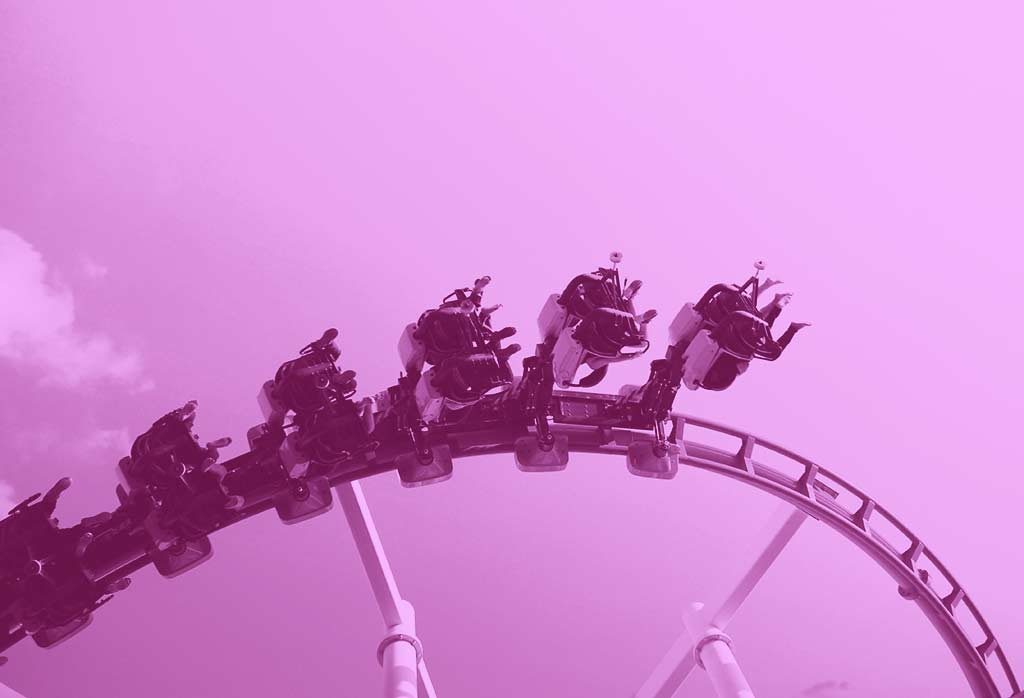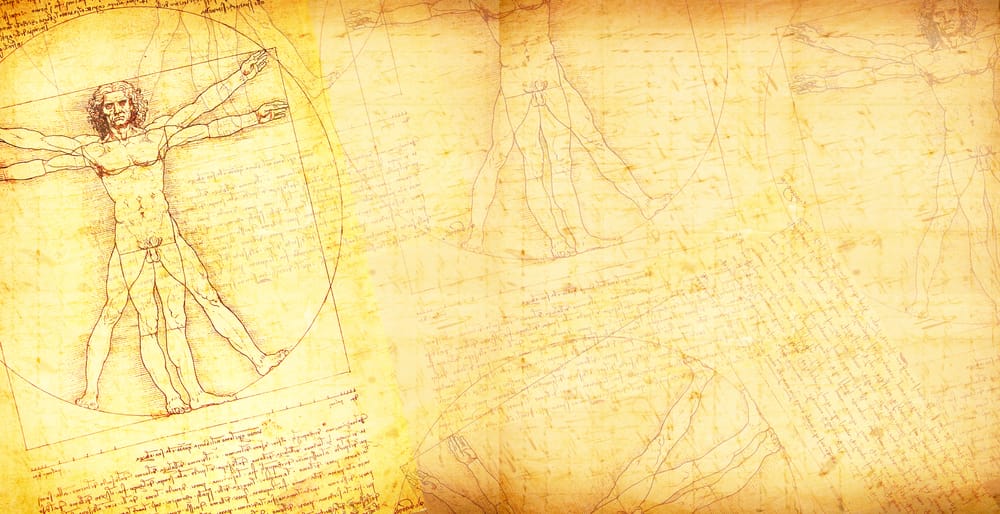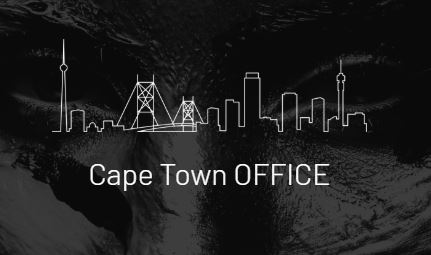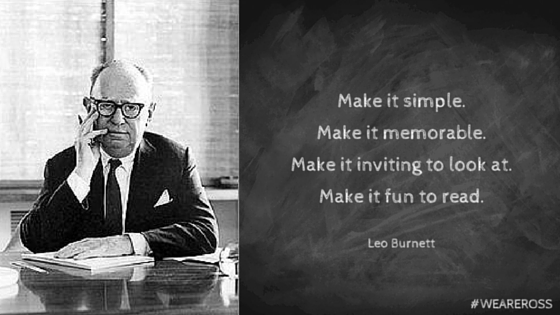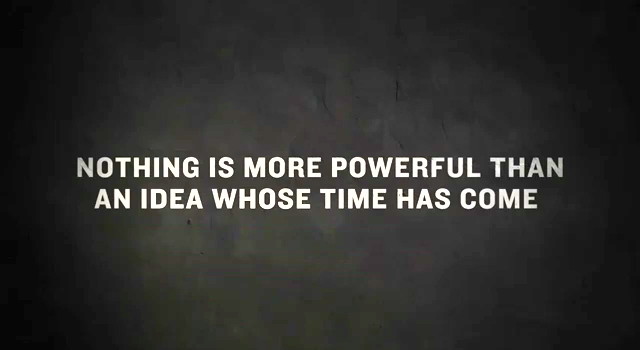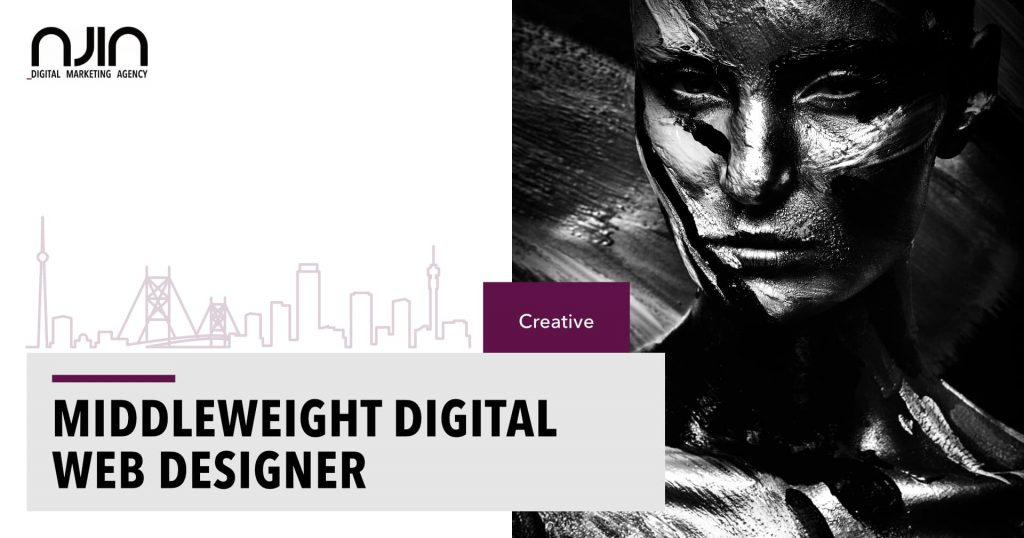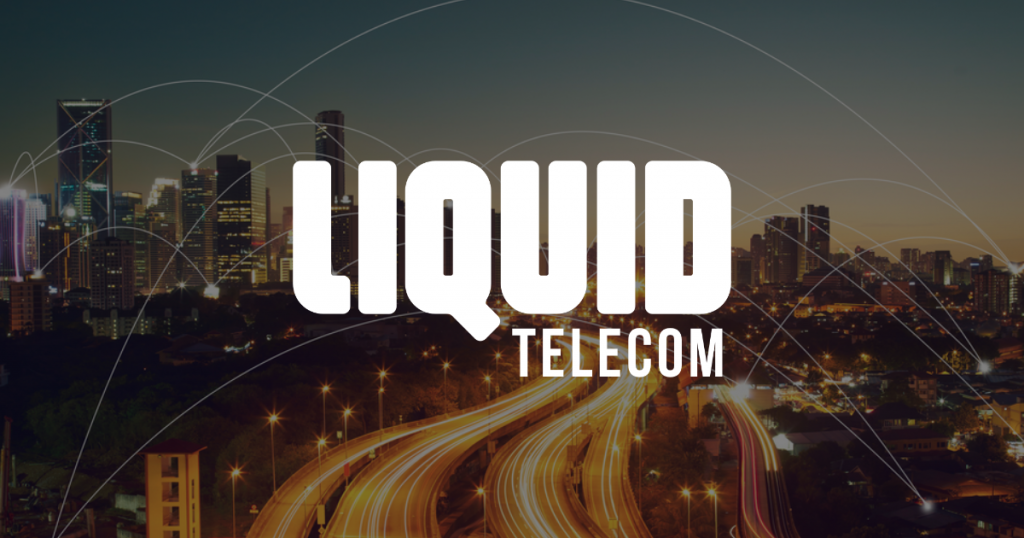Written by: Dean Rajh-Gopaul, Head of Strategy
How do you protect the supply chain from the people running it? How do you keep it going when social distancing is required?
The previous article, The New Normal discussed an overview of what the world might be like post quarantine, this article takes a closer look at the role of AI, robotics, automation and drones in a post quarantine world.
Let’s look at warehousing as an example, smart warehousing has been around for some time now, and while the merits have been weighed up at length, there’s no denying the value it brings. Machines can work faster, carry heavier loads, find more optimal pathing and operate for longer periods, as well as having little to no risk of spreading the human virus (assuming the correct safety precautions were taken). Unions however take issue with this, but when the workforce needs to stay home, there leaves little choice in the matter.
Amazon has seen their drone delivery system literally take off and cuts out an entire human contact step in the delivery process.
There was a time when gates were manned by security guards, now access cards / bio-metrics do their job.
There are plenty of examples where machines are more suitable for jobs than humans (particularly manual labour or menial tasks like organizing information or granting access). We face cost implications up front and the backlash of job loss, but when there’s no choice and we need the machines in order to survive, these implications start to become uncomfortable necessities. The question then is, what do we do with the learning’s from this experience? We can’t UN-see the efficiency, we can’t UN-benefit from the reduced risks.
Do we rethink the supply chain and maximize it for the greater benefit of the economy? What happens to the employees when they are replaced? The question of when to progress rather than do we progress needs to be asked.
The father of Economics, Adam Smith talked about the invisible hand, a theory that in a free market economy, people will always act in their own self-interest, and we should let them. With minimal intervention from the state, the market will guide where supply and demand come from. It will guide the practice and methodologies used (albeit through a survival of the fittest, consumers keep their choices of preferred supplier alive through buying from them consistently). This also suggests that employment will move according to the demand for it (look at how many software developers there are vs 20 years ago, demand dictated we need more, and the market replied in kind).
So, if the machines do take over, the question for the replaced labour force isn’t about what, but about where to next? Where will the demand for their skills go? Or will it force other changes (adapt skills to fit elsewhere vs start my own business) for survival?
Is your company (and industry) ready for the changes to come?








